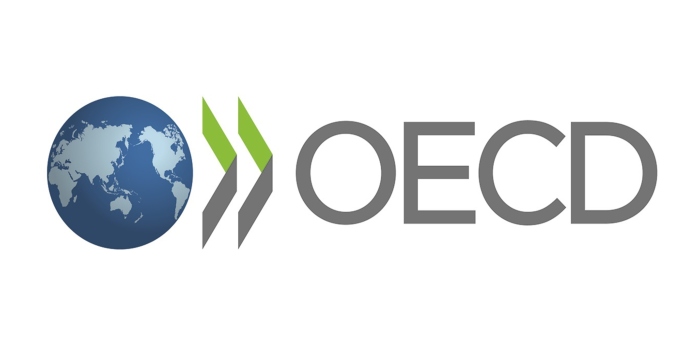
19/01/2022 – The OECD today launched a new digital hub to improve transparency around the taxation of development aid by presenting approaches taken by participating donor countries to claiming tax exemptions on goods and services funded by official development assistance (ODA).
The Tax Treatment of Aid: Digital Transparency Hub compares policies for how ODA is taxed from 12 members of the OECD Development Assistance Committee (DAC), who voluntarily provided details on their tax approaches of foreign aid. Participating members include Australia, European Commission, France, Greece, Hungary, Japan, Netherlands, Norway, Poland, Spain, Sweden and the United States. It aims to help both donors and recipient countries clarify the tax status of ODA, which totalled USD 161 billion in 2020.
Both ODA and how it is taxed are key for the economic welfare and social well-being of developing countries and provide crucial resources for these countries to tackle the ongoing COVID-19 crisis. The think tank Ferdi has estimated that exemptions for project aid can represent as much as 2-3% of GDP in some developing countries.
ODA from the 12 countries participating in the Hub represents over 50% of gross bilateral ODA in 2020. The tax treatment of ODA is an active issue for many donors, with four countries having recently reviewed their development aid policy, and three additional donors currently planning or undertaking a review.
At this week’s Senior Level Meeting of the DAC, members discussed levers to strengthen domestic resource mobilisation as a high-level priority in light of the lasting impacts of COVID-19 on financing for sustainable development. While domestic revenues represent the largest source of financing for sustainable development, many developing countries struggle to raise sufficient tax revenues. In Africa, the average tax-to-GDP ratio was 16.6% in 2019, less than half the ratio for OECD countries (33.8%). Following the outbreak of the COVID-19 crisis, foreign aid from official donors rose to an all-time high in 2020, with ODA accounting for over two thirds of external finance for least-developed countries.
“Whether for Foreign Direct Investment, or the provision of development assistance, tax exemptions should be transparent and accountable. This hub will be a useful tool to support both donors and recipients when reviewing their policies and encourage even more transparency,” said Pascal Saint-Amans, Director of the OECD Centre for Tax Policy and Administration.
“Donors continue to step up efforts to improve policy coherence and maximise the effectiveness of all resources called upon in the Addis Ababa Action Agenda. The new OECD digital transparency hub provides a crucial resource for more holistic policies and practices to strengthen aid and taxation,” added Jorge Moreira da Silva, Director of the OECD Development Co-operation Directorate.
The hub will be updated regularly, and all other donors are invited to participate. It complements the work undertaken by the OECD’s partners in the Platform for Collaboration on Tax, including the UN, which published guidelines on the tax treatment of government-to-government aid projects in April 2021.
For more information on the Tax Treatment of Aid: Digital Transparency Hub and to access the country profiles, see: http://www.oecd.org/tax/tax-treatment-official-development-assistance/.
Media queries should be directed to Jorge Moreira da Silva, Director of the OECD Development Co-operation Directorate, Pascal Saint-Amans, Director of the OECD Centre for Tax Policy and Administration (+33 1 45 24 91 08) or the OECD Media Office (+33 1 4524 9700).
Working with over 100 countries, the OECD is a global policy forum that promotes policies to preserve individual liberty and improve the economic and social well-being of people around the world.
<!–
| Full Name | |
| Email Address | |
| Comment |
|
–>
by :
Source link
